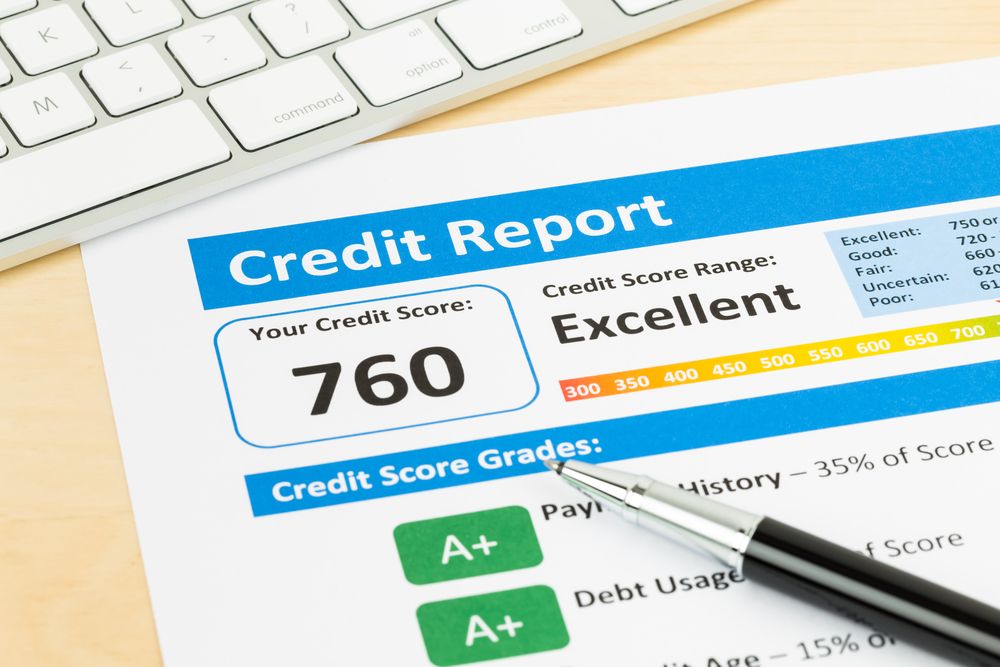Unless Congress acts soon, student loans subsidized by the government will become significantly more expensive. Mandated interest rates on subsidized student loans will jump from 3.4% to 6.8% for the 2012-2013 school year. With unemployment still high for recent graduates, increased interest rates will add to the debt burden. Tuition costs are still increasing as is the cost of living.
Without a job or in other economic hardship, an individual with student loan debt can defer payments. Student loan deferment delays the debt without increasing the amount of interest owed on the loan.
The availability of easy credit for education has certainly helped a larger segment of society obtain an undergraduate degree, but it has also encouraged institutions to raise prices. Knowing that the market can continue to bear significant increases in tuition, there is no end in sight for these climbing fees.
Going into debt to receive a college education and degree has become the norm. It is possible, however, to go to college without getting into debt. Author and University of Massachusetts alumnus Zac Bissonnette has explored this idea, as we’ve discussed on an earlier podcast.
Cancelling the planned student loan interest rate increase, scheduled to go into effect on July 1, has a cost to taxpayers. The public is subsidizing these loans — so the financial institutions that offer the loans to students can continue to profit while students are in school. According to lawmakers, this subsidy at the low interest rate costs the government $6 billion a year.
Both Barack Obama and Mitt Romney support extending the lower interest rate, with the Democrats saying they could pay to extend the lower interest rate by changing the tax code to require small business owners who file their taxes for a business entity classified as an S Corporation to pay self-employment taxes on the full business income.
Thanks to the availability of student loans and the G.I. Bill, college education is attainable for everyone who wants it. But as the percentage of college graduates within the American population has increased, the ability to use that degree to differentiate oneself in a competitive employment marketplace has diminished.
Meanwhile, the cost to attain that degree has continued to increase with no end in sight. Some might argue the quality of that degree in general has decreased as well, and question whether a degree is worth the investment of time and money. The perceived reduction of value draws students and their influential parents to better-branded institutions; if the degree itself can’t differentiate someone from a crowd, perhaps a degree branded with Harvard or Yale will set the student apart.
Extending the low interest rates will keep a college education more affordable for families who need financial aid and will emphasize the idea that a college education is important for every individual who wants the sociological and financial advantages that the degree might provide. It won’t solve the problem of ever-increasing costs to attend college.
Photo: Pink Sherbet Photography
CNN, New York Times
,




